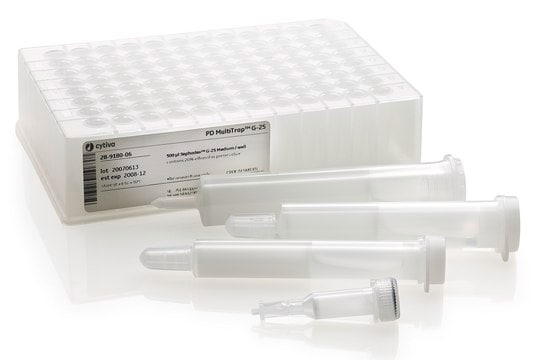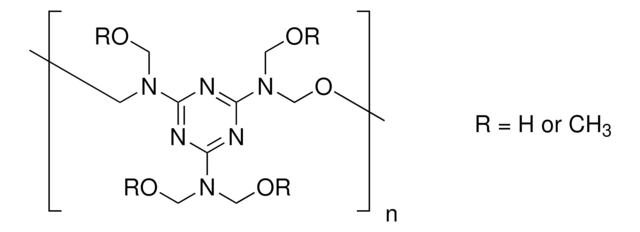440817
1-[3-(Trimethoxysilyl)propyl]urea
97%
Synonyme(s) :
γ-Ureidopropyltrimethoxysilane, 3-Ureidopropyltrimethoxysilane, N -[3-(Trimethoxysilyl)propyl]urea, Ureidopropyltrimethoxysilane
About This Item
Produits recommandés
Pression de vapeur
1 mmHg ( 20 °C)
Niveau de qualité
Essai
97%
Forme
liquid
Indice de réfraction
n20/D 1.46 (lit.)
pb
217-250 °C (lit.)
Densité
1.15 g/mL at 25 °C (lit.)
Chaîne SMILES
CO[Si](CCCNC(N)=O)(OC)OC
InChI
1S/C7H18N2O4Si/c1-11-14(12-2,13-3)6-4-5-9-7(8)10/h4-6H2,1-3H3,(H3,8,9,10)
Clé InChI
LVACOMKKELLCHJ-UHFFFAOYSA-N
Vous recherchez des produits similaires ? Visite Guide de comparaison des produits
Catégories apparentées
Description générale
Application
Mention d'avertissement
Danger
Mentions de danger
Conseils de prudence
Classification des risques
Eye Dam. 1 - Skin Irrit. 2 - STOT SE 3
Code de la classe de stockage
10 - Combustible liquids
Classe de danger pour l'eau (WGK)
WGK 3
Point d'éclair (°F)
210.2 °F - closed cup
Point d'éclair (°C)
99 °C - closed cup
Faites votre choix parmi les versions les plus récentes :
Déjà en possession de ce produit ?
Retrouvez la documentation relative aux produits que vous avez récemment achetés dans la Bibliothèque de documents.
Les clients ont également consulté
Notre équipe de scientifiques dispose d'une expérience dans tous les secteurs de la recherche, notamment en sciences de la vie, science des matériaux, synthèse chimique, chromatographie, analyse et dans de nombreux autres domaines..
Contacter notre Service technique
![N-[3-(Trimethoxysilyl)propyl]aniline](/deepweb/assets/sigmaaldrich/product/structures/170/332/13339984-ddd1-4aef-b259-3b45216b9ab9/640/13339984-ddd1-4aef-b259-3b45216b9ab9.png)


![N-[3-(Trimethoxysilyl)propyl]ethylenediamine 97%](/deepweb/assets/sigmaaldrich/product/structures/149/508/f87a9a89-f138-4c5e-9fe0-6561914241c3/640/f87a9a89-f138-4c5e-9fe0-6561914241c3.png)









